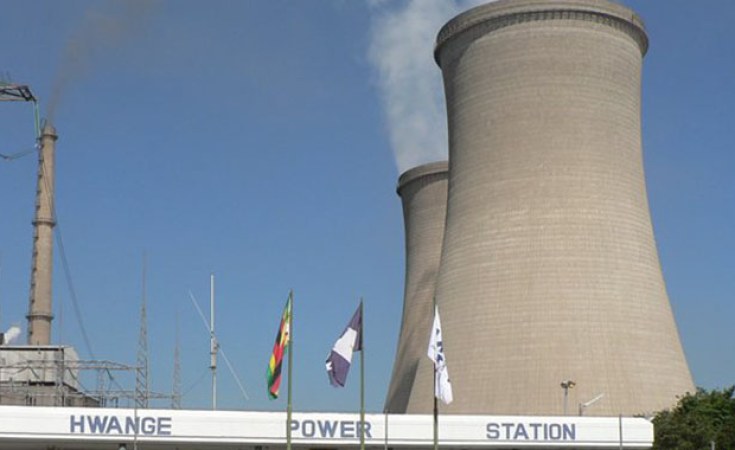ZIMBABWEAN authorities are putting all stops to gloss over the country's social economic and political challenges ahead of the Southern African Development Community (SADC) Summit after ordering the power utility to ensure uninterrupted electricity supply to select venues.
The identified venues host the ongoing SADC Industrialisation Week, the upcoming Council of Ministers, an investment forum, a public lecture, the Organ Troika Ministerial Committee and the actual summit on August 17.
These include the Harare International Conference Centre (HICC), the New Parliament Building in Mt Hampden and the University of Zimbabwe (UZ)'s Diamond Lecture Theatre.
In a leaked memorandum dated July 22, 2024, Energy Permanent Secretary, Gloria Magombo wrote to Zimbabwe Electricity Supply Authority (ZESA) Executive Chairman Sydney Gata requesting the areas to be spared ongoing rolling blackouts experienced countrywide.
"The ministry is, therefore, requesting ZESA through ZETDC (subsidiary Zimbabwe Electricity Transmission and Distribution Company) to ensure uninterrupted power supply at the above-mentioned venues during the SADC summit period," Magombo said.
Ordinary citizens are enduring 20 hours of power cuts daily, but President Emmerson Mnangagwa's administration is planning to give regional leaders scheduled to attend the annual fiesta the impression that all is well.
The government recently took over the sprucing up of social services from Harare City Council, a move which has seen roads to be used by VIPs being rehabilitated while vendors have been kicked off the streets.
Zimbabwe, which takes over the rotating chairmanship of the regional body from Angola during the SADC Summit, has no plan to fix the power crisis but is now demanding special favours to mask its incompetence during the annual gathering of Heads of State and Government.
Zimbabwe has a major power deficit after generation at Kariba Dam was curtailed owing to low water levels and constant breakdowns at ageing coal-powered plants.
The country generates an average of 1 200 MW of electricity, far short of the peak demand of 1 800 MW. Power cuts to manage the load affect both households and productive sectors, including mines and agriculture.
Zimbabwe has sunk about $ 2 billion (£1.6bn) into power generation in the last decade but it still struggles with outages.
Experts say the country's coal-powered thermal plants are supposed to supply the baseload power, but the aged generators frequently break down. It has forced authorities to draw heavily on Kariba, exhausting the annual water allocation and chewing into neighbouring Zambia's share. Water levels were already low because of successive droughts.


